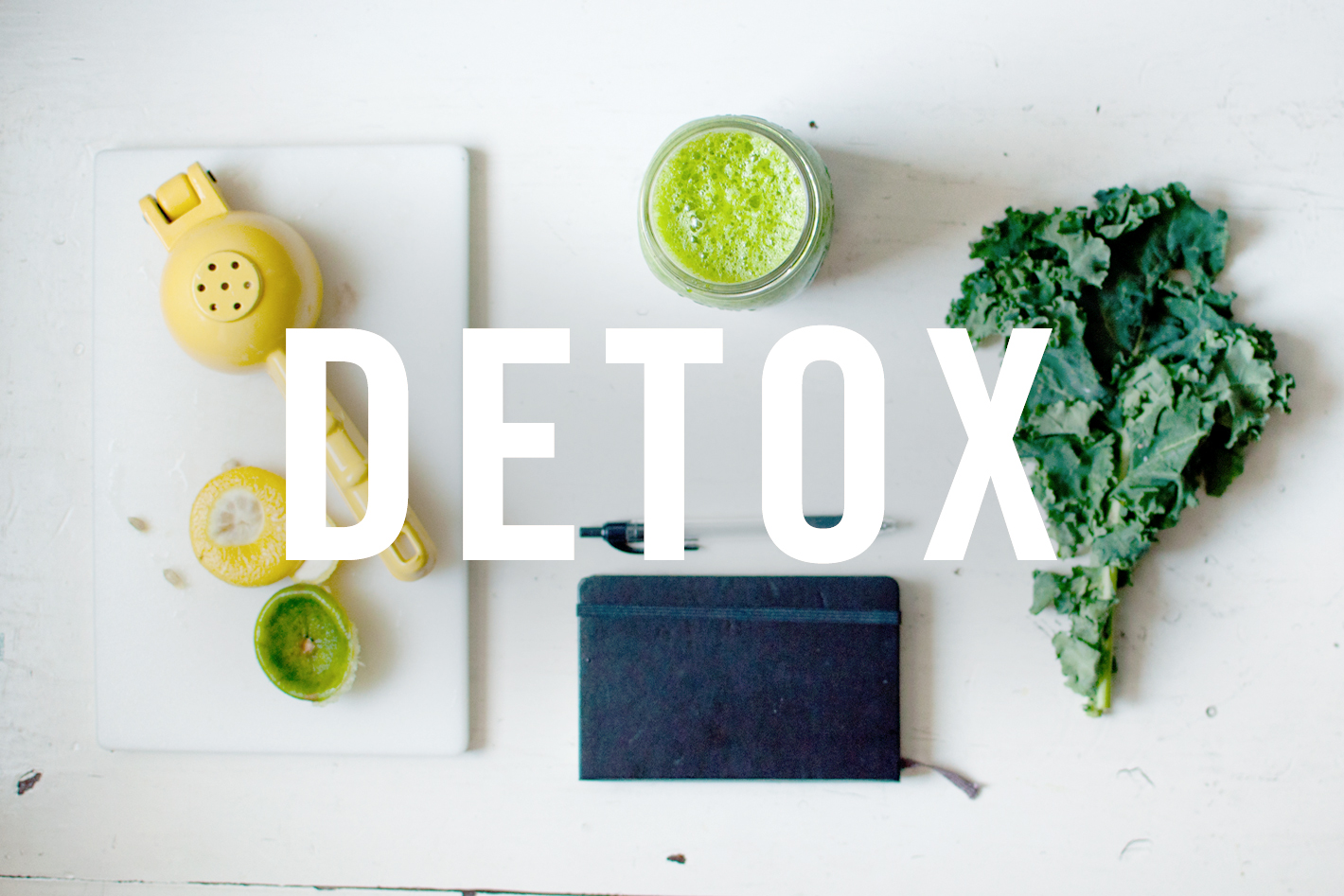
Tips for staying clean after detox
September 10, 2021Addiction is a complex brain disease that requires medical detox to help deal with withdrawal symptoms that often come when you first quit substance abuse. Most addiction cases involve enrolling in a supported living environment that promotes safety and comfort as you detox and begin your life in sobriety. Platforms such as VSM Detox for all provide a solid foundation for security and tools required to help a patient heal, cope with cravings and avoid relapse. If you’ve taken the bold step of detoxing and stopped using substances, you still have the practical part to play in staying sober.
Life in sobriety means changing almost every aspect of your life. It involves a lot of transitioning that may sometimes be too overwhelming to put up with. That is why many people end up going back to substance abuse after rehab. However, you don’t need to go back to your old ways if you understand your triggers, coping mechanisms, and mental health management. Here are a few tips for staying sober after detox.
Table of Contents
Celebrate every day you go without using substances
The first step towards successful addiction recovery is staying positive throughout. It’s easier to deal with challenges when you’re positive about life and everything happening to you. Instead of thinking about your old routines, friends, and habits, learn to appreciate the little things in life. Live the moment and approach every difficulty with positivity. Celebrate your life in sobriety with friends and loved ones and share your thoughts, feelings, and actions for encouragement.
Know your triggers
Your first task after rehab is identifying your triggers–both internal and external, to avoid relapse. Your internal triggers could be your mindset, emotional stress, anxiety, and feelings of loneliness and boredom that elicit thoughts and cravings for substances. External triggers are things, people, places, and situations that bring the thoughts of substance use into your mind. Once you know your triggers, it’s easier to avoid some and deal with those you cannot avoid.
Keep in touch with your mental health professional
Your journey to fully recovering from substance abuse may take months or years. That means staying in touch with people helping you stay sober and mentally stable, such as therapists and psychiatrists. During your stay in rehab, you must have been linked with one or several mental health professionals who gave you several coping techniques before you left. They are the best people to talk to whenever you encounter any challenge with your recovery. They can also evaluate your mental health to determine whether you need help dealing with depression, bipolar disorder, or anxiety which are associated with addiction recovery.

Build healthy relationships
Addiction often leads to toxic and unhealthy relationships. Apart from drug dealers, alcohol vendors, and your drinking buddies, your family may also contribute to your relapse if you are not careful. They don’t have to use substances to get you back to your old self, but their behaviors can. Remember, you’re sober now; you can tell when an environment or person is stressing you. In other cases, your family can help you stay away from substances and encourage you to maintain sobriety. It takes time, but it’s quite important to make sure that those close to you are not contributing to your relapse without you knowing it. They should create a healthy environment for your recovery where you can talk about your changes, feelings, and emotions openly without getting judged.
Be your own company
It’s easier to fall back into your old ways when your daily sober life is empty. Sober life involves being engaged in different activities. Always find something to do and enjoy doing it, whether alone or with the company. You can start by getting a job or enrolling in a course you’re passionate about. Work or school keeps you busy most of your time, but it’s also critical to engage in other fun activities like swimming, dancing, reading, or watching movies. If you enjoyed outdoor activities before addiction, such as biking, hiking, and camping, start all over again, and you just never know where passion may take you.











